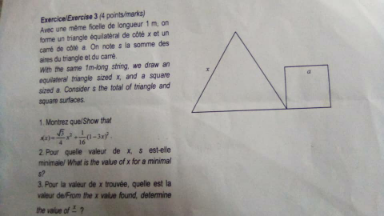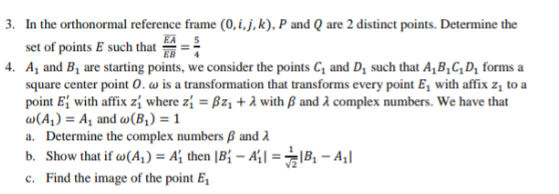
AllQuestion and Answers: Page 734
Question Number 146119 Answers: 3 Comments: 2
Question Number 146110 Answers: 2 Comments: 0
$$\int\frac{\mathrm{x}+\mathrm{1}}{\mathrm{2x}^{\mathrm{2}} +\mathrm{x}+\mathrm{1}}\mathrm{dx} \\ $$
Question Number 146108 Answers: 0 Comments: 0
Question Number 151714 Answers: 0 Comments: 2

Question Number 146131 Answers: 1 Comments: 1

Question Number 146106 Answers: 2 Comments: 0

Question Number 146102 Answers: 1 Comments: 0
Question Number 146100 Answers: 1 Comments: 1

Question Number 146096 Answers: 1 Comments: 0

Question Number 146090 Answers: 2 Comments: 0
Question Number 146091 Answers: 0 Comments: 0

Question Number 146087 Answers: 1 Comments: 0
Question Number 146085 Answers: 0 Comments: 1
Question Number 146083 Answers: 1 Comments: 0
Question Number 146082 Answers: 0 Comments: 0
Question Number 146076 Answers: 1 Comments: 0
Question Number 146073 Answers: 0 Comments: 0
Question Number 146072 Answers: 0 Comments: 0
Question Number 146067 Answers: 1 Comments: 0
Question Number 146063 Answers: 1 Comments: 0
Question Number 146062 Answers: 0 Comments: 1
Question Number 146061 Answers: 0 Comments: 0

Question Number 146057 Answers: 1 Comments: 0

Question Number 146054 Answers: 0 Comments: 0
Question Number 146048 Answers: 1 Comments: 0
Question Number 146046 Answers: 1 Comments: 0
Pg 729 Pg 730 Pg 731 Pg 732 Pg 733 Pg 734 Pg 735 Pg 736 Pg 737 Pg 738
